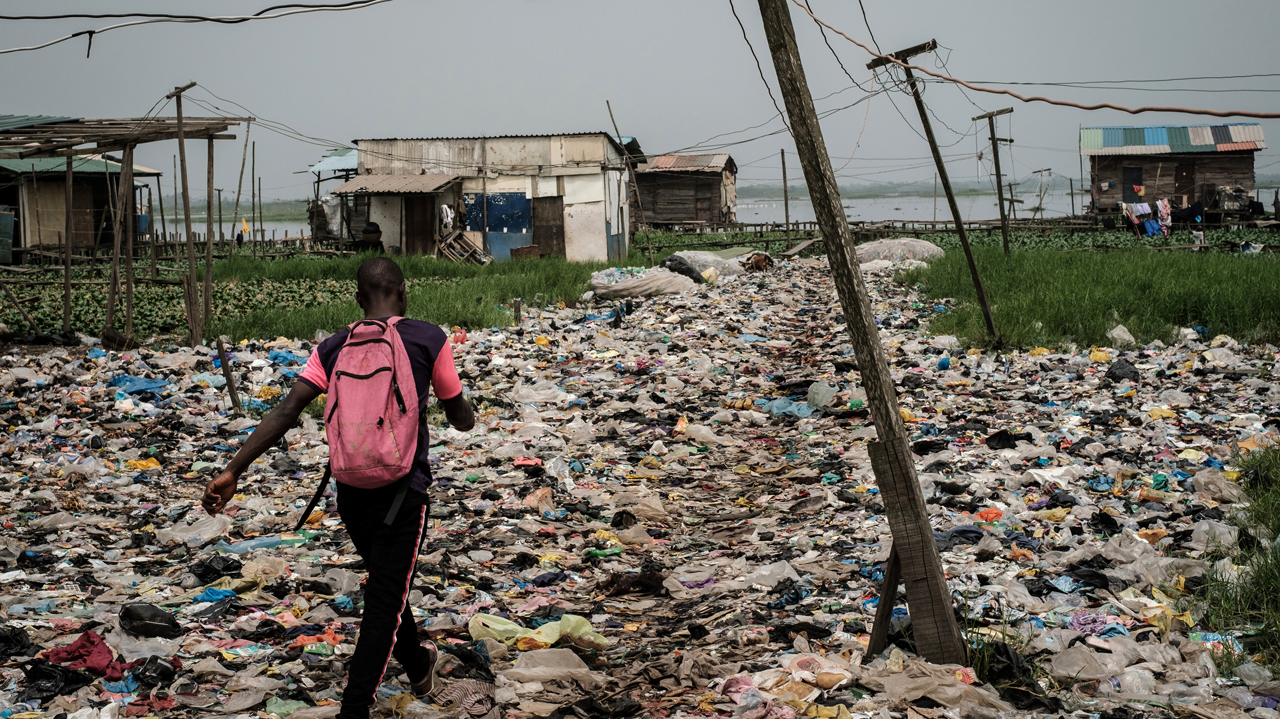Lagos State Commissioner for Waterfront Infrastructure and Development, Yacoob Ekundayo Alebiosu, in this chat with SULYAT TELLA spoke on his ministry’s activities
How have you repositioned the ministry in line with Governor Babajide Sanwo-Olu’s T.H.E.M.E.S Plus Agenda?
THE first thing we did when I came on board was to clean the house first. Then, I was wondering why certain things were taking so long and I realised that we didn’t have a Survey Unit. So, I insisted on creating it, and instantly, it was like bringing a fast-paced midfielder into a team that was struggling. And things began to change instantly. Also, we merged special projects and Engineering and Building Services (EBS).
We also had to bring in a lot of cultural and emotional intelligence into play. And I let the people realise what I expect of them, accorded them enough respect, and identified each individual’s strengths and weaknesses. We didn’t put a striker in the role of a defender, so the moment we did the right things, we started seeing results.
We’ve never had stakeholders’ summit before but I can confirm to you that we are going to hold a summit very soon. We have approval for it; we just want to get a particular date so that. Governor Sawo-Olu will be very much available for it because it is not Ministry of Waterfront’s event; it is Lagos State’s event being championed by the ministry.
What are the challenges the ministry has grappled with?
We had a few challenges. However, like I said in one of our interviews before now, the Ministry of Waterfront is like an eagle, but it has been turned into a kiwi. The strength of an eagle is in the height at which it soars, but it was turned to a kiwi, though a kiwi is a bird, it cannot fly but run on the ground.
But with all that has happened so far, I would say we now have our feathers back as an eagle.
You mentioned a stakeholders’ summit. What do you intend to achieve with it?
We are considering bringing experts to come talk with us. They have a lot of data, in-depth understanding of our waters, probably even better than we do. So, some of the things that they have discovered, it would be important for them to come speak about it to all stakeholders. This is so that they will understand the dangers of illegal reclamation especially.
Can you speak more on illegal reclamation in the state?
There is no illegal reclamation going on in any place that the community is not aware. They can’t wake up in the morning to see water, and the following day, suddenly see reclamation works on the ground.
So, we are also engaging the communities and letting them know that what they are condoning will put their lives in danger. During one of our engagements, we asked the traditional ruler who said he went to a school in the community and we asked; where was the school then and now? The school was already almost a kilometre into the water.
The importance of addressing coastal erosion is one of the things that will come up at the summit. Sometimes, when you do not see or experience something firsthand, there is always the tendency not to understand it in-depth.
So, we are looking at bringing all stakeholders together. We are identifying all the issues that put our lagoons under pressure. We know people who dump waste, chemical waste, and all sorts of bio-waste into water bodies. We have people who regularly pollute the water through toileting.
There were cases where tilapia fish were dissected in the Makoko area, and human faeces were found in them, because the fish were feeding on faeces. Some people will throw it away; others will clean the faeces because they can’t afford to discard it to buy another. But what do you think will happen when they consume things like that? And some people are not even aware of the cleaning techniques of fish, which is why some fish tastes bitter; because it hasn’t been cleaned very well.
At the summit, all the stakeholders will be present, we will show them the danger of illegal dredging, come up with a communiqué, and that’s what we would run with in defining our policies among others.






